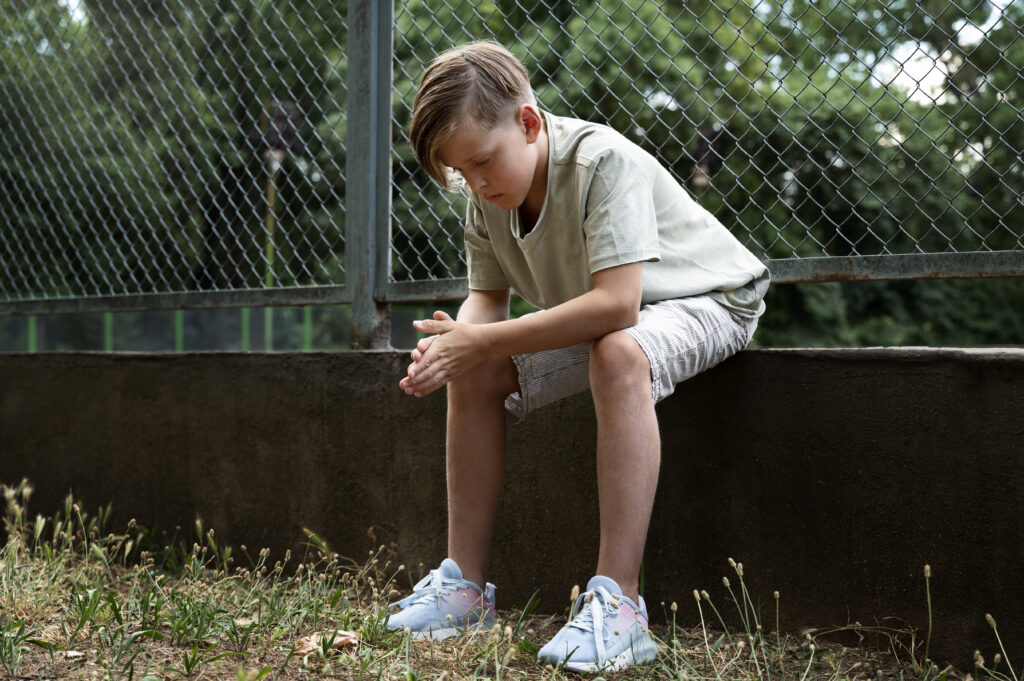Introduction:
In recent times, concerns and allegations regarding Trails Carolina abuse have surfaced, casting a shadow over the reputation of this wilderness therapy program designed for troubled teens. While Trails Carolina claims to offer therapeutic interventions and guidance for struggling adolescents, numerous reports and testimonials have brought to light instances of mistreatment, neglect, and emotional distress experienced by some participants.
Understanding Trails Carolina and Its Claims:
Trails Carolina positions itself as a transformative program catering to teenagers dealing with behavioral, emotional, and substance abuse issues. Operating within the realms of wilderness therapy, the program promises a holistic approach to healing and rehabilitation. It touts activities like hiking, camping, and therapy sessions conducted in natural settings as part of its therapeutic methodology.
Allegations and Concerns:
However, amidst its marketed promises, a darker narrative emerges through various accounts and allegations of abuse at Trails Carolina. Disturbing reports detail instances of verbal abuse, neglect, and emotional manipulation experienced by vulnerable participants seeking guidance and support. These allegations have raised significant concerns among parents, guardians, and advocacy groups.
Unveiling the Reality:
1: Instances of Abuse:
Numerous testimonials and accounts depict a pattern of abuse at Trails Carolina, including:
Verbal Abuse: Participants recount instances of harsh and demeaning language used by staff members, causing emotional distress and trauma.
Neglect: Reports suggest inadequate supervision and neglect of participants’ physical and emotional well-being, compromising their safety.
Emotional Manipulation: Participants claim they were subjected to emotional manipulation tactics, exacerbating their existing mental health struggles.
2: Impact on Participants:
The alleged mistreatment and abuse at Trails Carolina have had profound negative impacts on the mental health and well-being of the affected teenagers. Instead of finding solace and support, they experienced further trauma, worsening their conditions and undermining the program’s purported objectives.
Addressing Concerns and Seeking Alternatives:
3: Steps for Parents and Guardians:
Thorough Research: Before enrolling a teenager in any program, conduct extensive research. Look for testimonials, reviews, and independent evaluations.
Consult Professionals: Seek advice from mental health professionals or counselors who specialize in adolescent behavior and therapy programs.
Alternative Therapeutic Options: Explore alternative therapy programs that have a proven track record of success without associated abuse allegations.
Conclusion:
In conclusion, the allegations of abuse at Trails Carolina bring to light the importance of due diligence when considering therapeutic programs for troubled teens. While the program presents itself as a solution, the reported instances of mistreatment and emotional harm raise serious doubts about its efficacy and ethical practices.
Parents and guardians must prioritize the well-being of their teenagers by thoroughly investigating programs like Trails Carolina and exploring safer, more reputable alternatives for their rehabilitation needs.
Remember, the journey toward healing and recovery should prioritize safety, compassion, and genuine support rather than subjecting vulnerable individuals to further harm in the guise of therapeutic intervention.
Additional Resources:
National Association of Therapeutic Schools and Programs (NATSAP)
Always remember that the well-being and safety of your teenager should be the foremost priority when seeking therapeutic interventions.
